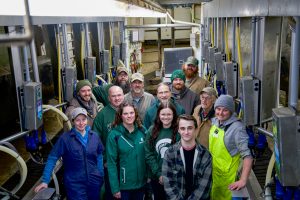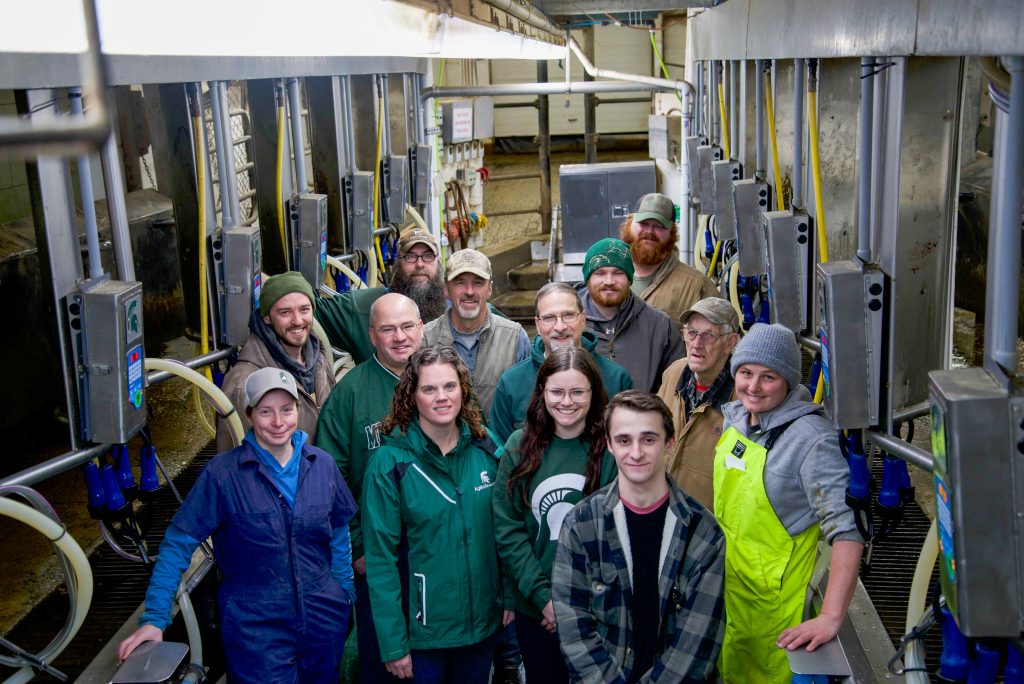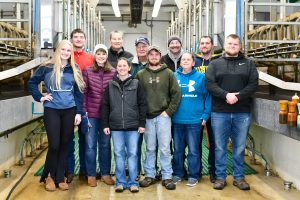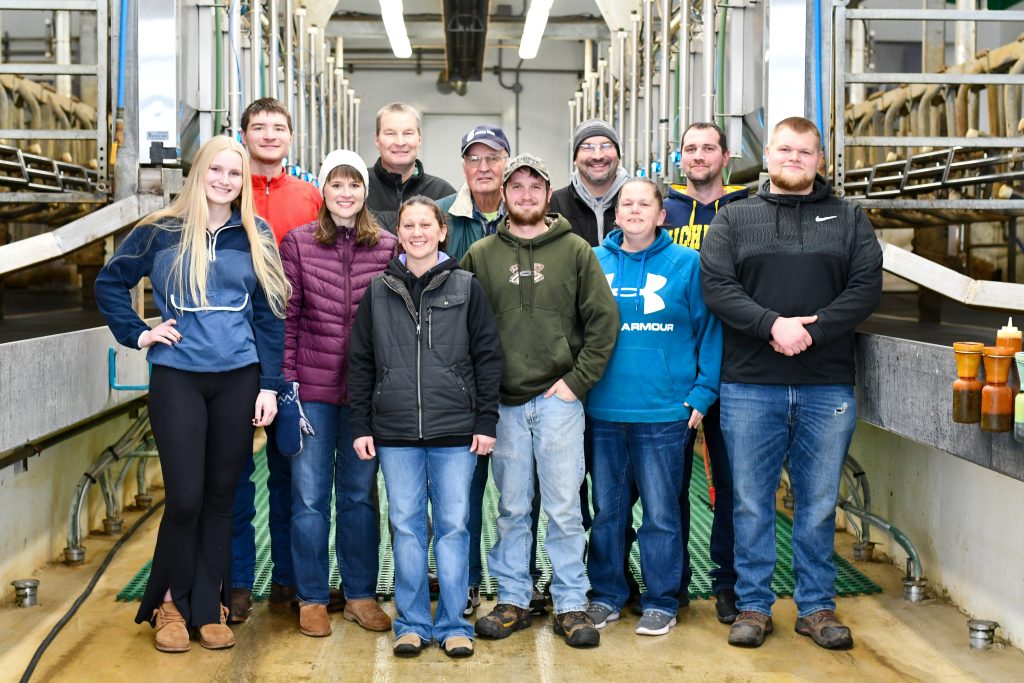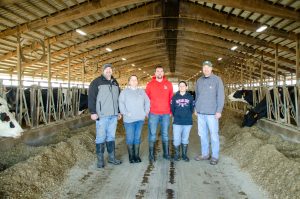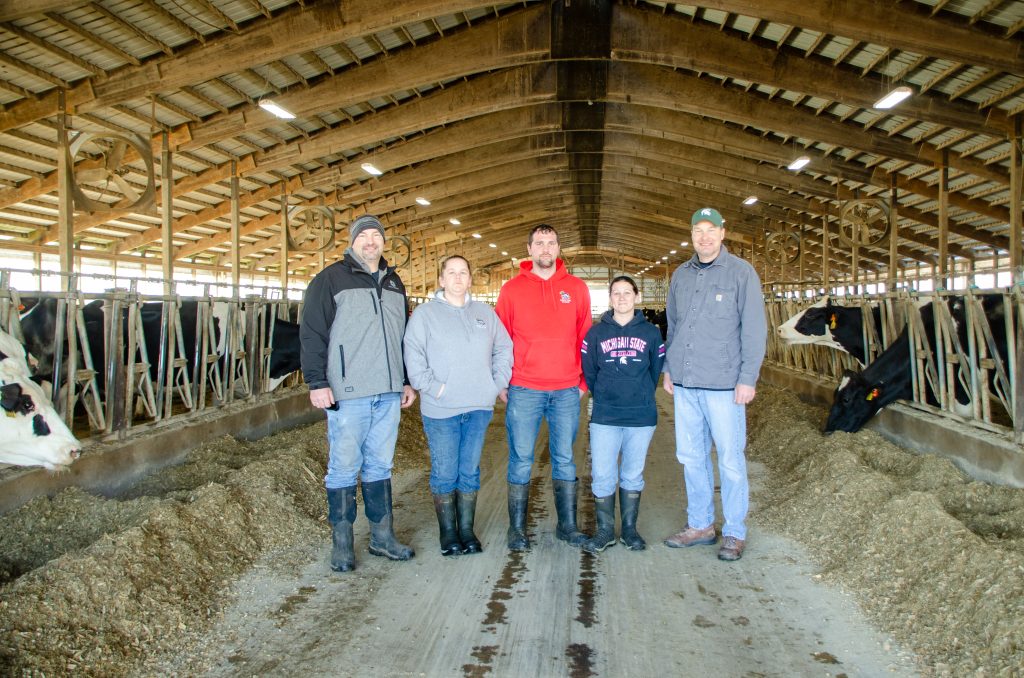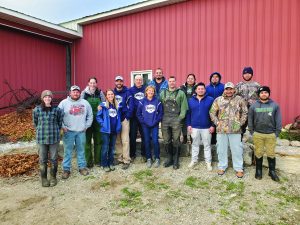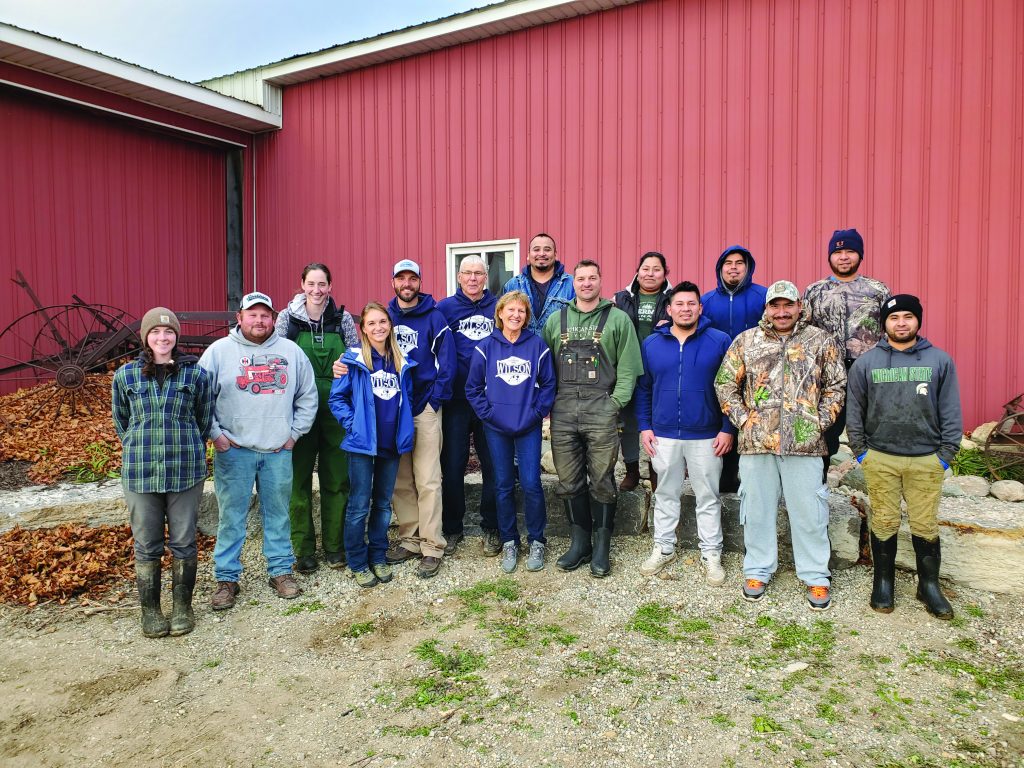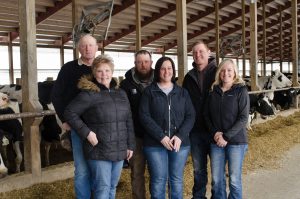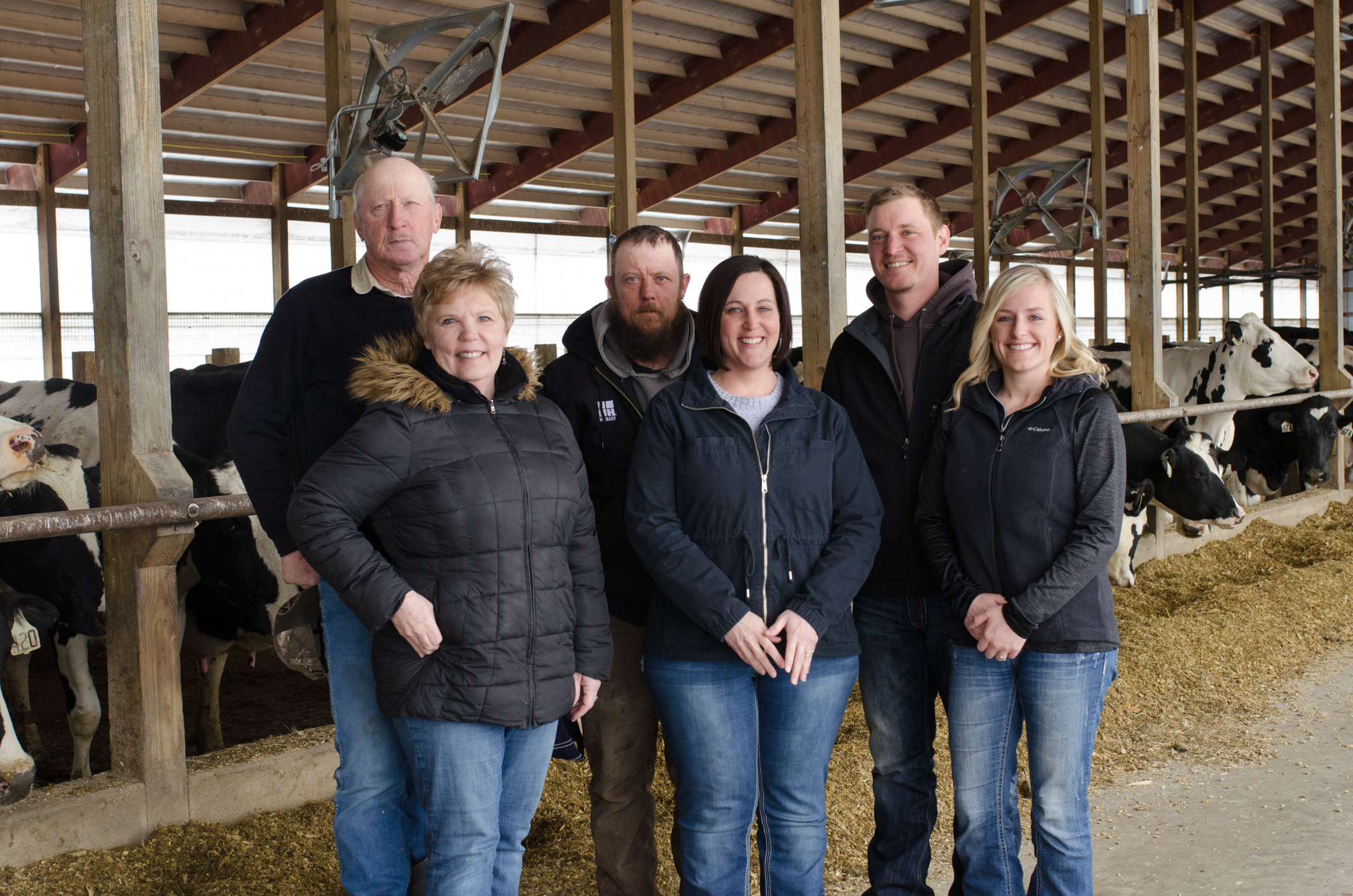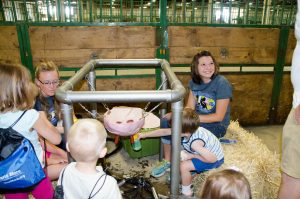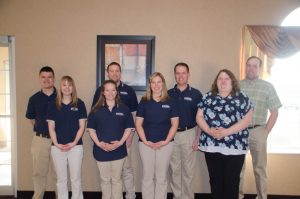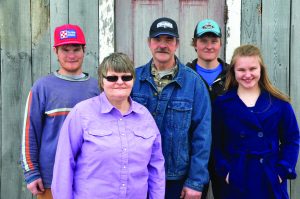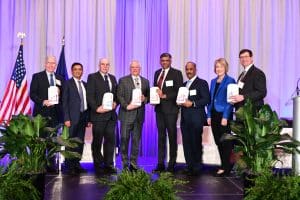
Partnership will introduce the first Amul branded fluid milk products in the United States market.
NOVI, Michigan – Michigan Milk Producers Association (MMPA), America’s tenth largest dairy cooperative, announced a partnership with Gujarat Co-operative Milk Marketing Federation Limited (GCMMF), the world’s largest dairy cooperative. This partnership between the two organizations will bring GCMMF’s Amul branded fluid milk products to millions of Americans.
Amul manufactures a wide range of branded milk and milk products in India and exports them to more than 50 other countries around the world, including the U.S. Owned by 3.6 million dairy farmers in India, the Amul brand is one of the world’s fastest growing dairy brands and India’s largest consumer products group, generating more than $10 billion annually.
“This partnership with Amul allows us to work with another cooperative to help them grow their brand in the United States, benefitting not only our own dairy farmer members, but those in India as well,” MMPA President & CEO Joe Diglio said. “MMPA’s strategic partnership with Amul will continue to enhance MMPA’s growing and diversified product mix while utilizing our state-of-the-art technology.”
MMPA’s caseless milk packaging design and proprietary fluid milk technology allow Amul to market fluid milk in specialty stores throughout the Midwest and East Coast with 6%, 4.5%, 3.25% and 2% fat levels under their brands Amul Gold, Amul Shakti, Amul Taaza, and Amul Slim n Trim milk, respectively. The collaboration brings together MMPA’s unique technology capabilities and high-quality member milk with the Amul brand’s rapidly growing and well-known, international reputation for premium dairy products.
Amul’s partnership with Michigan-based MMPA is a continuation of the brand’s ties to Michigan. Dr. Verghese Kurien, known as the Milkman of India and the founder chairman of GCMMF, is a Michigan State University alumnus and credited for the overall success of India’s dairy industry.
“We are very honored and pleased to enter into an association with MMPA, a very respected 108-year-old dairy cooperative. This association will ensure all our American and Indian consumers will be nourished and energized with the goodness of Amul Milk,” Amul Managing Director Dr. Jayen Mehta said. “This is the first time that Amul fresh milk is being launched anywhere outside India. It is our great pleasure to bring the taste of India to the world, in alignment with the vision of our Hon Prime Minister Mr. Narendra Modi to make Amul a global dairy brand.”
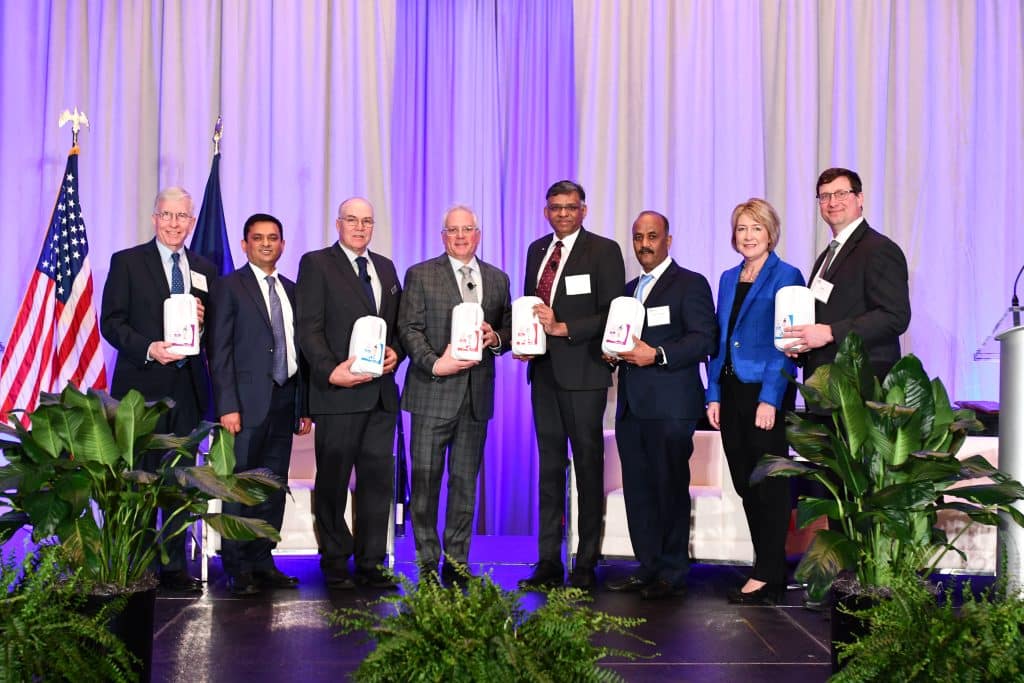
About Michigan Milk Producers Association (MMPA)
The Michigan Milk Producers Association is a member-owned and operated milk marketing cooperative known for producing high-quality, award-winning dairy products. Established in 1916, MMPA is the 10th largest U.S. dairy farmer-owned cooperative serving members in Michigan, Ohio, Indiana, and Wisconsin. At MMPA, commitment to milk quality begins on the farm and extends through all four of their SQF version 9.0 certified processing facilities: a cheese plant in Indiana, a dairy product plant in Ohio and two dairy ingredient plants in Michigan.
About Gujarat Cooperative Milk Marketing Federation (Amul)
Gujarat Cooperative Milk Marketing Federation, (Amul) based in Anand, Gujarat is the world’s largest farmer-owned dairy cooperative. It is owned by 3.6 million dairy farmers and procures 30 million liters of milk every day and processes it across 100 dairy plants in India and markets more than 50 categories of products like Amul Milk, Amul Butter, Amul Cheese, Amul Ice Cream, among many others. Amul products are market leaders in India across all categories of dairy products in India. Amul is the most trusted food brand of India and is also known for its Amul Topical campaign, the longest running advertising campaign in the world.

